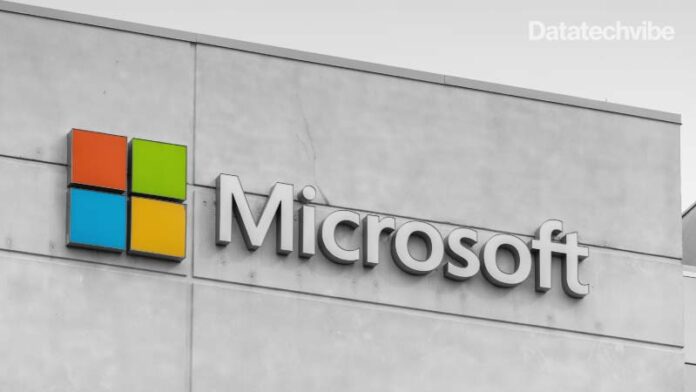Microsoft has introduced the Open Data for Social Impact Framework, a guide to help organisations use data to get new insights, make better decisions, and improve efficiency while tackling pressing social issues.
The framework builds on the key learning from the Open Data Campaign: “the ability to access and use data to improve outcomes involves much more than technological tools and the data itself.”
The framework includes a five-step roadmap that organisations can use to get started. The roadmap, revolving around the five topic areas of leadership, opportunity, skills, community governance, and technology and data, has the following steps: check if you have the organisational infrastructure in place, know the questions that you want data to answer, get the necessary talent, build trust in the community, and make sure to have the right resources to measure, enable, and enhance your impact.
To guide organisations through the roadmap, the framework shares successful projects from the Open Data Campaign, such as the Education Open Data Challenge and the Electric Vehicle (EV) Charging Infrastructure Pilot, along with several resources from Microsoft’s partners, such as the Open Data Institute and The GovLab. A few notable resources include The AI playbook, the Data Stewards Academy, the Data Landscape Playbook, the Data Skills Framework, The Data Assembly, and the Data Responsibility Journey.
The Open Data for Social Impact Framework builds on the ten lessons learned from the Open Data Campaign. Launched by Microsoft in April 2020, the campaign focuses on collaborating with 20 organisations by 2022 to understand the opportunities and challenges they face in applying data strategies to advance their missions.
For more secure and streamlined data access and sharing, Microsoft suggests investing in frameworks and capabilities such as differential privacy to make data more open without putting data protection at risk, confidential computing to isolate sensitive data during processing, Azure Open Datasets to save time on data discovery by using publicly available datasets, and Azure Data Share to share data simply and safely with partners.
Microsoft says it recognises that “closing the data divide won’t happen overnight, but if we continue to build a bold, diverse movement committed to this work, we know the impact will benefit future generations in pursuit of a safer, healthier world.”









